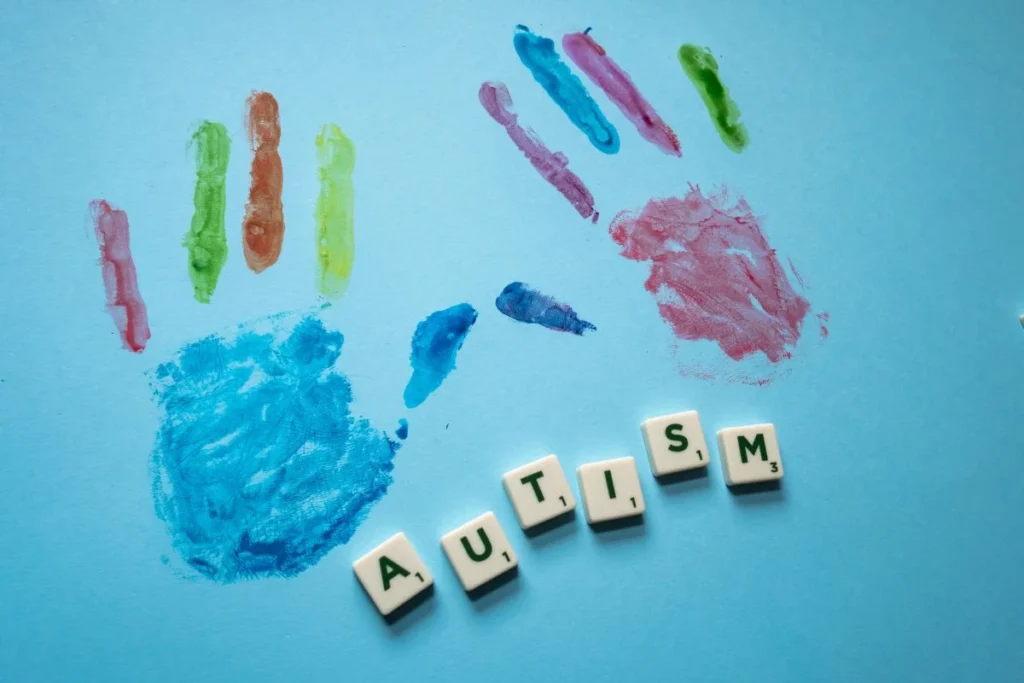Childhood trauma has been a topic of interest in the field of autism research for many years. While the exact relationship between childhood trauma and autism is still not fully understood, researchers have made significant progress in identifying potential links between the two.
Types of Childhood Trauma
Childhood trauma can take many forms, and it is important to understand the different types of trauma that can impact a child’s development. Some common types of childhood trauma include physical abuse, sexual abuse, emotional abuse, neglect, and exposure to violence. Each of these types of trauma can have a significant impact on a child’s emotional and cognitive development and may contribute to the development of autism in some cases.
Impact on Development
Research has shown that childhood trauma can have a significant impact on a child’s development, particularly in areas of social and emotional functioning. For example, children who experience trauma may have difficulty forming and maintaining relationships with others, may struggle with emotional regulation, and may have difficulty understanding and interpreting social cues.
In addition to these social and emotional challenges, childhood trauma has also been linked to changes in brain development. Specifically, trauma can impact the development of the amygdala, hippocampus, and prefrontal cortex, which are all areas of the brain that are important for emotional regulation, memory, and social cognition.
While the exact relationship between childhood trauma and autism is still not fully understood, it is clear that trauma can have a significant impact on a child’s development and may contribute to the development of autism in some cases. As researchers continue to investigate this complex relationship, it is important to consider the potential impact of trauma on children’s emotional and cognitive development and to provide appropriate support and interventions to help children recover from traumatic experiences.
Exploring the Causes of Autism
Autism Spectrum Disorder (ASD) is a complex neurodevelopmental disorder that affects communication, social interactions, and behavior. The exact cause of autism is still unknown, but research suggests that it is a combination of genetic and environmental factors.
Genetic Factors
Studies suggest that genetic factors play a significant role in the development of autism. According to the National Institute of Neurological Disorders and Stroke, “many genes likely contribute to autism spectrum disorder.” Researchers have identified several genes that are associated with autism, including SHANK3, CHD8, and PTEN.
Furthermore, studies have shown that if one identical twin has autism, there is a higher likelihood that the other twin will also have it. This suggests that there is a genetic component to autism. However, the fact that not all identical twins have autism indicates that environmental factors also play a role.
Environmental Influences
Environmental factors may also contribute to the development of autism. Researchers have identified several factors that may increase the risk of developing autism, including premature birth, low birth weight, and exposure to certain chemicals and toxins.
Additionally, some studies have suggested that childhood trauma may be a risk factor for autism. According to a study published in the journal Autism, “adverse events, trauma, and their consequences are frequently overlooked in people with autism spectrum disorders.” The study suggests that individuals with ASD are at increased risk of experiencing traumatic events, which may contribute to the development of symptoms associated with autism.
Examining the Trauma-Autism Connection
Childhood trauma and autism spectrum disorder (ASD) are two distinct conditions that share some overlapping symptoms. While research has shown that individuals with ASD are at a higher risk of experiencing adverse events and trauma, there is still much debate surrounding the connection between the two.
Current Research Findings
According to a study published in the Journal of Autism and Developmental Disorders, individuals with ASD are more likely to experience traumatic events, such as physical and sexual abuse, than those without ASD. The study also found that individuals with ASD were more likely to experience multiple types of trauma and to have more severe symptoms of post-traumatic stress disorder (PTSD).
Another study published in the Journal of Trauma & Dissociation found that individuals with ASD who experienced childhood trauma had higher levels of dissociation and depression than those without a history of trauma. The study suggests that childhood trauma may exacerbate pre-existing symptoms of ASD.
Debates and Controversies
While some studies suggest a link between childhood trauma and ASD, others argue that the relationship is more complex. Some researchers believe that the symptoms of ASD may make individuals more vulnerable to traumatic experiences, while others suggest that the two conditions may be completely unrelated.
One of the main debates surrounding the trauma-autism connection is whether or not trauma can cause ASD. While some studies suggest that childhood trauma may increase the risk of developing ASD, others argue that there is no evidence to support this claim.
Support and Resources for Affected Families
Families affected by childhood trauma and autism can benefit from various support and resources available in their community. These resources can provide assistance, education, and emotional support to help families navigate the challenges they may face.
- Therapy and Counseling: Therapy and counseling can help families affected by childhood trauma and autism to address emotional and behavioral issues. It can also provide coping strategies and tools to help them manage daily stressors. Families can seek therapy from licensed mental health professionals, including psychologists, social workers, and counselors.
- Support Groups: Support groups can provide a safe space for families affected by childhood trauma and autism to connect with others who share similar experiences. These groups can offer emotional support, practical advice, and a sense of community. Families can find support groups through local organizations, online forums, or social media groups.
- Education and Advocacy: Education and advocacy can help families affected by childhood trauma and autism to navigate the educational system and access resources. Families can work with educators and school administrators to create an individualized education plan (IEP) for their children. They can also advocate for their child’s needs and rights by joining advocacy groups and attending workshops and conferences.
- Community Resources: Families affected by childhood trauma and autism can benefit from community resources such as recreation programs, respite care, and financial assistance. These resources can help families reduce stress and improve their quality of life. Families can contact their local government or community organizations to find out about available resources.
In conclusion, families affected by childhood trauma and autism can benefit from various support and resources available in their community. These resources can provide assistance, education, and emotional support to help families navigate the challenges they may face.







